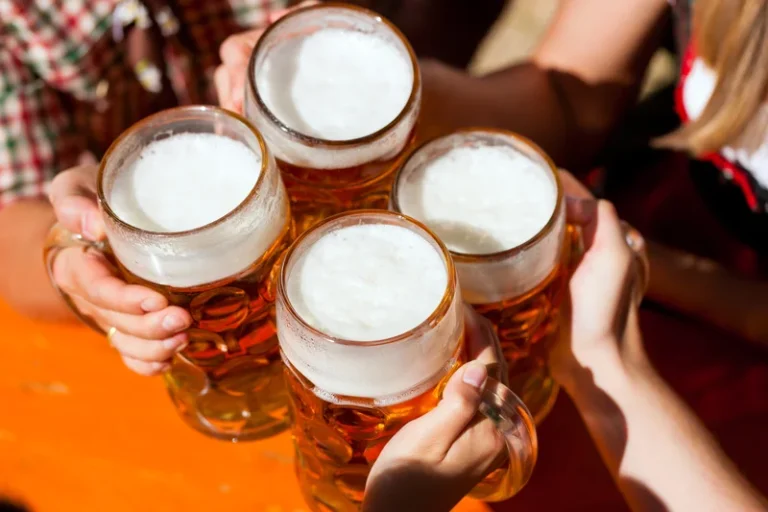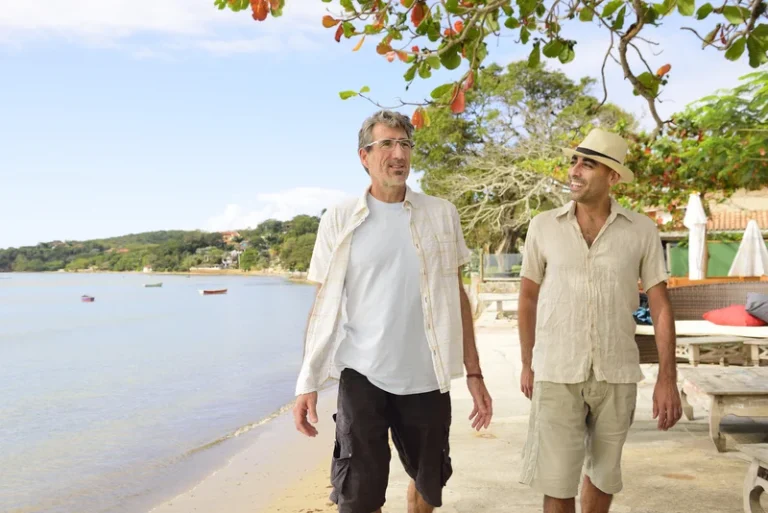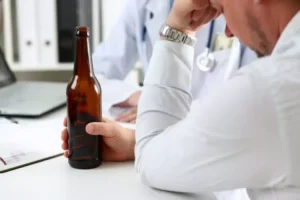Why Are You Dehydrated? 8 Common Reasons

Your body is attempting to get rid of sugar; hence, the frequent urination. Your urine may be sweet smelling and it may be accompanied does alcohol dehydrate you by weight loss. Milk is also a good choice to help you rehydrate, assuming your hangover hasn’t put you off dairy.
Higher Risk of Dehydration

But there’s no easy way to know how much you can safely drink and still avoid a hangover. A hangover is a group of unpleasant symptoms that can happen after drinking too much alcohol. As if feeling awful weren’t bad enough, frequent hangovers also are linked with poor performance and conflict at home, school and work. Dehydration occurs when you’re not getting enough fluids. Whether from exercise, hot weather, or an illness, dehydration can quickly become dangerous — no matter the cause. We performed a comprehensive search, again using PubMed or HDAS, to identify literature relevant to the relationship between hydration status and an array of clinical outcomes as specified below.

Although anyone can become dehydrated, certain groups of people are at higher risk. These include:
- Ten grams of alcohol is about 12.5 millilitres (but you can call it 10 mL and still be fairly accurate).
- As such, intravascular losses are substantially greater in isotonic dehydration than that seen in comparable levels of hypertonic dehydration [26,34].
- If you’re urinating frequently and always seem thirsty, it could be an early sign of diabetes.
- How long it takes to rehydrate after drinking depends on how much alcohol you have consumed and how much fluid volume and electrolytes your body lost.
Anecdotal evidence suggests that hangovers worsen over time. According to lead author Dr Joris Verster from Utrecht University, the relationship between drinking and punishment is straightforward. Among other things, water aids digestion, removes waste products, protects organs and tissues, controls body temperature, and regulates the body’s acid-base balance. If you’re urinating frequently and always seem thirsty, it could be an early sign of diabetes. “If you have heart failure or issues with fluid retention, talk to your doctor about optimal fluid regimens to remain hydrated in hot or warm weather,” advises Dr. Fertel.
Emergency Signs and Symptoms
- While it can be tempting to consume alcohol on a hot summer day, the combination of high temperatures and alcohol can cause considerable fluid loss and dehydration.
- Acetate and other waste products are then removed from the body as carbon dioxide and water, primarily through lungs.
- However unpleasant, most hangovers go away on their own, though they can last up to 24 hours.
- Thirst, lightheadedness, and dark urine are three signs of dehydration, but there are many others to watch out for.
But you still have just as many salts floating in this reduced volume of water. So if you drink 200 millilitres of beer, the end result is 200 millilitres of water. However, if you notice any of the signs, contact your child’s healthcare provider right away,” says Dr. Sabella. Emergency medicine physician Baruch https://ecosoberhouse.com/ Fertel, MD, and pediatrician Paula Sabella, MD, break down the warning signs of dehydration and offer some tips for staying safe when temperatures rise. Severe dehydration can cause feelings of dizziness, the appearance of sunken eyes, fainting spells, increased heart rate, and even loss of consciousness.
What questions should I ask my healthcare provider?
Learning to listen to your body, recognizing the signs of dehydration, and drinking plenty of water during the day can also ensure you’re meeting your fluid needs. Moderating your intake of energy drinks and alcoholic beverages is an easy way to prevent dehydration. Interestingly, a review of 49 studies even reported that caffeinated energy drinks, wine, and spirits can all significantly increase urine production (14). In another study in 20 older adults, drinking just 2 servings of wine increased short-term urine output. However, the effects of certain types of alcohol may differ, as drinking 2 servings of beer did not have a significant effect (11, 12).

You’re drinking on an empty stomach
So what can you do to make sure you don’t get that infamous hangover headache caused by dehydration? Let’s find out and get a little background on why alcohol dehydrates you in the first place. “The more you drink, the more likely you are to get a hangover. Drinking water may help against thirst and a dry mouth, but it will not take away the misery, the headache and the nausea,” he said. However, research is mixed on the hydrating effects of certain beverages.

